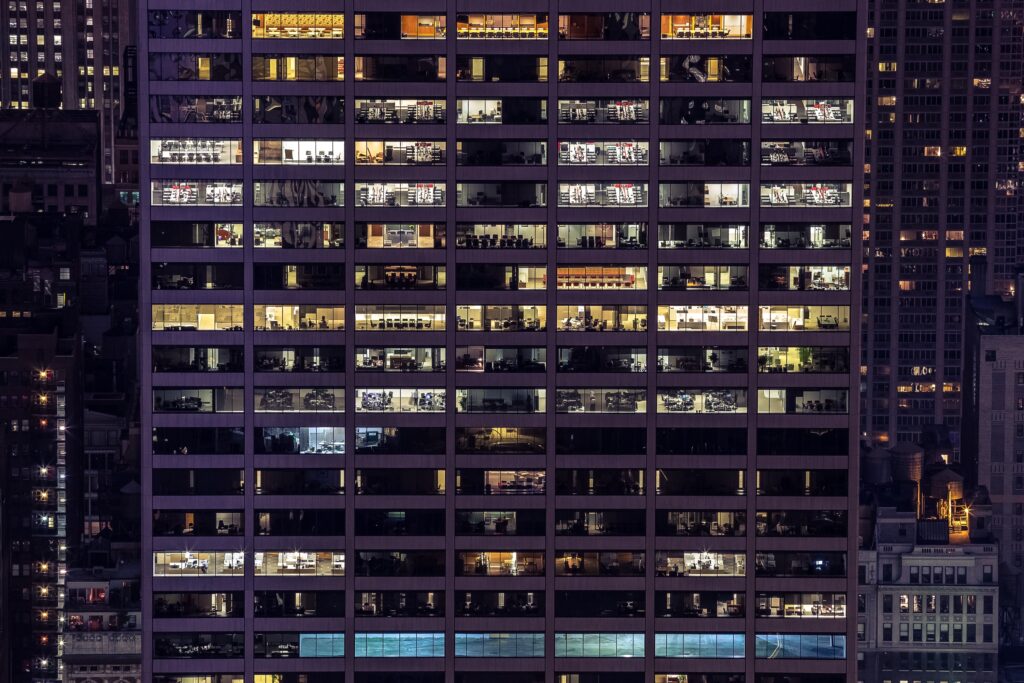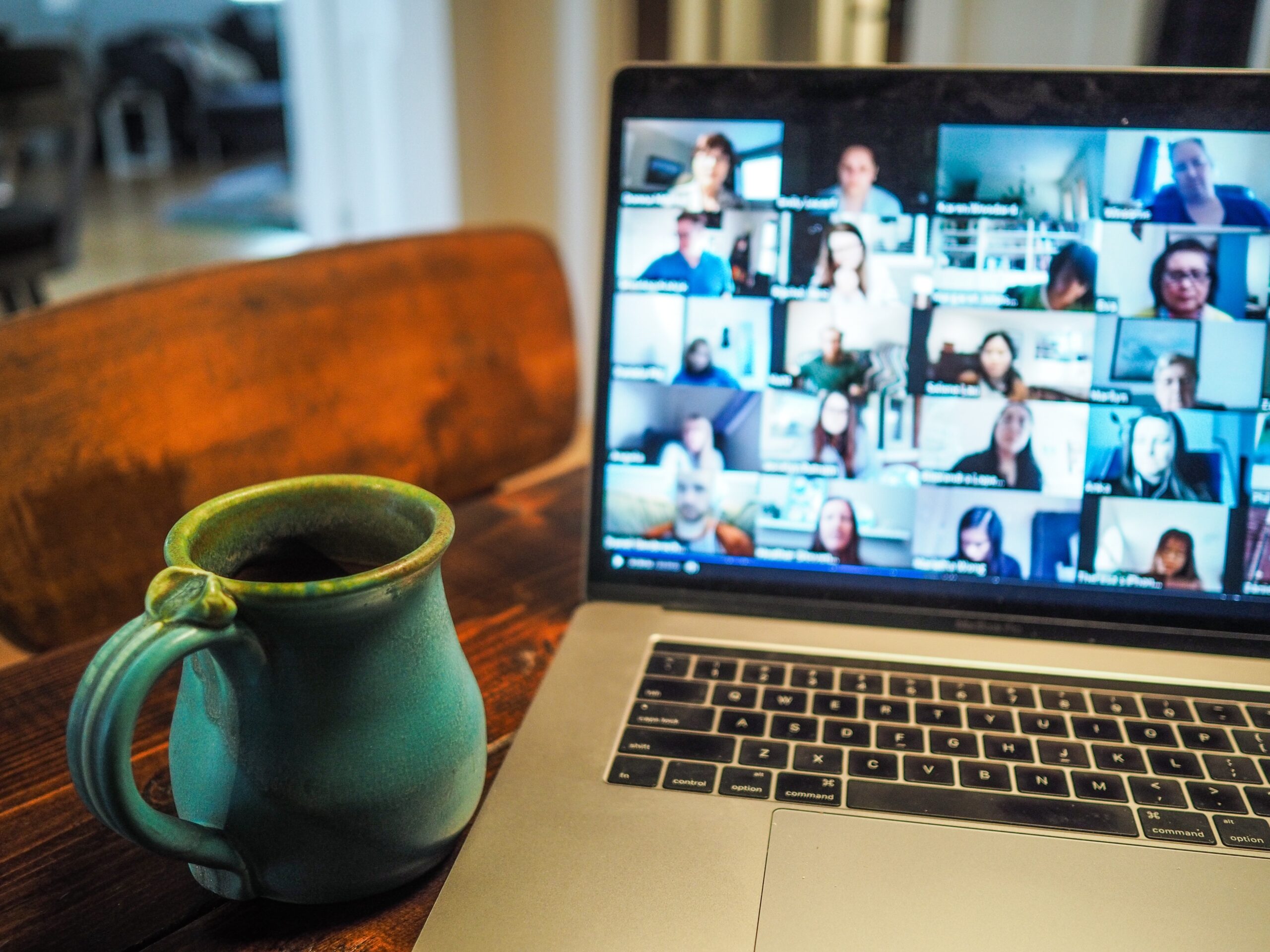Feeling Off the Grid

Social networks are a vital part of human life. I’m not talking about Instagram or Twitter, but rather the more profound, timeless interpersonal bonds between people. For many, the pandemic, and global experiences of isolation and lockdowns, have illuminated the essential role these social networks play in our wellbeing. A Harvard University study conducted last year found that feelings of loneliness and isolation were on the rise. 36% of the 950 Americans who responded to the survey reported high levels of loneliness, up from 25% before the pandemic. Notably, almost two-thirds (61%) of respondents aged 18-25 displayed high levels of loneliness. A ‘loneliness epidemic’ had been widely predicted as a side effect of COVID-19 when social distancing measures were first introduced, though the focus of these discussions was on older people, especially those in aged care. The Harvard researchers expressed surprise at the higher rates amongst young people, hypothesising that young adults may lack a “robust social infrastructure” due to being in a transitional period of life.
I personally experienced the strange effects of social isolation in hotel quarantine last year. For two weeks, I was alone in a single room. I was lucky to have friends and family to connect with via social media and video calls, but still found the physical isolation unsettling. Catching a glimpse of the person delivering my meals as they disappeared down the hallway was exciting, even more so the couple of swab tests administered by nurses. These latter events became major social events. I would tidy my hotel room and pay special attention to my appearance in anticipation of seeing another human up close. I also became an avid people watcher, moving the comfiest chair in the room to the window overlooking a busy CBD street. Much like James Stewart in Alfred Hitchcock’s 1954 Rear Window, this voyeurism was focused on the strangers in front of me. There were the workers in the office building opposite me, the barista at the cafe down below, a man who would walk up and down the block for hours each day. All people my eyes would normally glide over, transformed into subjects of great interest by virtue of their physical proximity.
This feeling of being surrounded by other people without meaningful connection or intimacy reminded me of Olivia Laing’s nonfiction book The Lonely City: Adventures in the Art of Being Alone. The book examines the lives of several 20th-century American artists whose work was shaped by their experiences of loneliness and urban life. Rather than being “antithetical to urban living, to the massed presence of other human beings”, loneliness is often brought into sharp relief by physical proximity to others, Laing writes.
Ironically, loneliness unites us. The pandemic, and its subsequent ‘loneliness epidemic’ has highlighted the human yearning for deep interpersonal connection, as well as how common feelings of isolation can be. There is some strange comfort to be gained from knowing so many other people feel the way we do. Many of us, like Laing, can recognise our own loneliness reflected back in art. As social isolation measures remain in place, many of us will feel lonely. And in that, we are not alone.
Remember, you only have until the end of August to submit here.
Barbosa Neves, B and Sanders, S. (2020, April 6). ‘The coronavirus is a disaster for lonely older Australians. We can help ease their pain in small ways’. ABC News. https://www.abc.net.au/news/2020-04-05/coronavirus-is-a-disaster-for-lonely-older-australians/12114034
Laing, O. (2016). The Lonely City: Adventures in the Art of Being Alone. Picador.
Laing, O. (2018, March 22). ‘How art helped me see the beauty in loneliness’. The Guardian. https://www.theguardian.com/books/2016/feb/28/the-lonely-city-olivia-laing-edward-hopper-andy-warhol
Walsh, C. (2021, February 17). ‘Young adults hardest hit by loneliness during pandemic, study finds’. Harvard Gazette. https://news.harvard.edu/gazette/story/2021/02/young-adults-teens-loneliness-mental-health-coronavirus-covid-pandemic/
 Next Post
Next Post